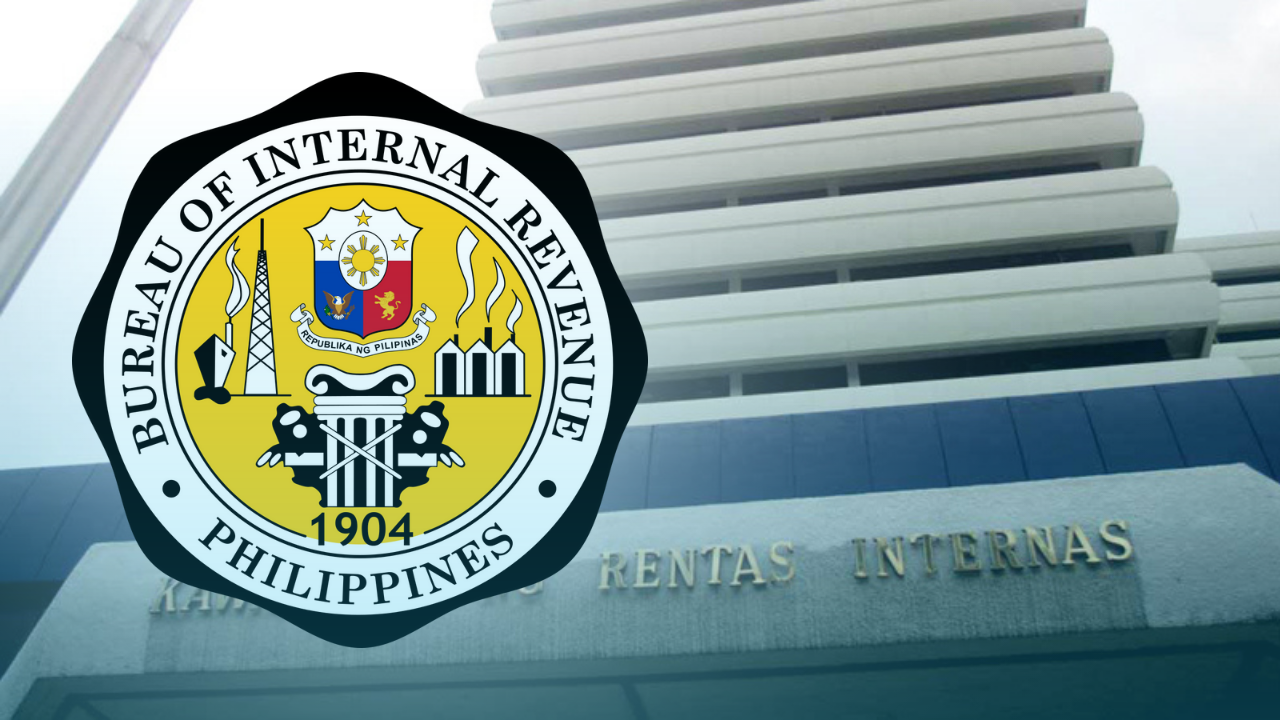BIR e-receipt plan on track but BOC modernization delayed

Bureau of Internal Revenue (BIR) | INQUIRER.net file photo
MANILA, Philippines—Following next month’s pilot issuance of electronic receipts among 100 big corporations, e-commerce firms and exporters, the Bureau of Internal Revenue (BIR) expects small businesses to follow suit starting next year.
The other top revenue collector, Bureau of Customs, is confronted with delays in its digital shift and modernization project due to lack of a qualified contractor, according to World Bank.
At the launch on Tuesday (June 21) of the electronic invoicing/receipting and sales reporting system, Deputy Commissioner Ma. Rosario Charo Enriquez-Curiba, BIR officer-in-charge, said that after its pilot run on July 1, e-invoicing will be gradually expanded in 2023. The system involved businesses issuing e-receipts to their customers, then electronically transmitting their sales reports to the BIR, as mandated by the Tax Reform for Acceleration and Inclusion (TRAIN) Act.
Finance Undersecretary Antonette Tionko said the prolonged COVID-19 pandemic delayed the project’s implementation, which was originally scheduled for rollout in 2020. Pre-pandemic, the government had targeted completion of the shift to e-invoicing in 2022 as part of the planned “digital transformation” in tax administration.
Funded by a grant from the South Korean government, the BIR last week opened a state-of-the-art data center for this e-invoicing system.
In an interview, Curiba said other firms belonging to the BIR’s large taxpayers’ service (LTS) as well as micro, small, and medium enterprises (MSMEs) would be asked to adopt e-invoicing by 2023, although she would not say when the BIR expects 100-percent implementation among local businesses. Curiba said it will be up to the next administration, with incoming BIR chief Lilia Guillermo at the helm of the country’s biggest tax-collection agency, to put in place its own targets for e-invoicing.
On the Philippines’ Customs modernization project funded by an $88.28-million loan from the World Bank, the latest documents showed that disbursement of funds lagged with only $630,000 or 0.7 percent of the financing spent so far. The loan approved by the Washington-based multilateral lender in October 2020 took effect in January 2021.
“The loan agreement includes disbursement conditions that the BOC has: established a project steering committee; and appointed a project supervision and quality assurance (PSQA) consultancy contractor to provide quality assurance support for the implementation of the project,” World Bank said.
“While establishing the [committee] has been already implemented by the BOC, the fulfillment of the second disbursement condition is still pending due to additional time needed by BOC to perform the financial, technical and legal assessment of the most qualified bidder, and finalize the terms of reference for the award of the PSQA consultancy contract,” according to World Bank.
“Therefore, the delay in the award of the PSQA contract has impacted the preparation and implementation of the rest of the project activities. Once the PSQA contract is awarded, the project management unit shall focus on the completion of the bid documents for the procurement of the administrative back-office enterprise resource planning system and remote image analysis center feasibility study, whose implementation can be accelerated,” World Bank added.
The World Bank loan will close in 2025, during which the time to import and export were expected to be slashed to 80 and 30 hours, respectively. Importation processes at the BOC had been taking 120 hours, while exportation was 42-hours long.
TSB
Read Next
Subscribe to INQUIRER PLUS to get access to The Philippine Daily Inquirer & other 70+ titles, share up to 5 gadgets, listen to the news, download as early as 4am & share articles on social media. Call 896 6000.
For feedback, complaints, or inquiries, contact us.
For all the latest Business News Click Here
For the latest news and updates, follow us on Google News.



